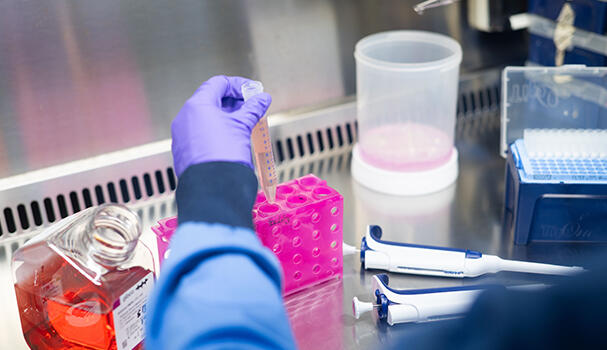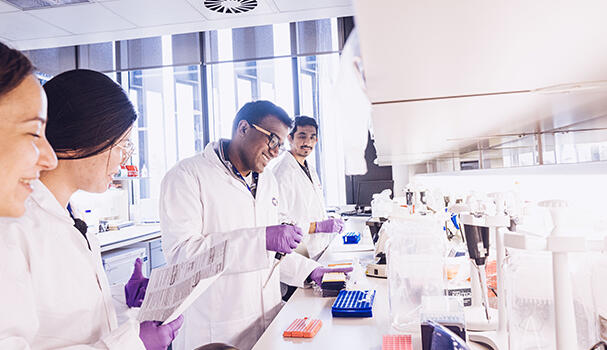Our research

120 years of life-saving discoveries
Our scientists have been at the forefront of cancer research since 1902.
Thanks to you, we’ve come so far. And we will go much further.
Together, we will beat cancer.
Over a century of life-changing research
Cancer Research UK was formed more than 20 years ago, in 2002. However, our history goes back much further, to 1902, with the founding of the Imperial Cancer Research Fund. Thanks to supporters like you, our pioneering work into how to prevent, diagnose and treat cancer has benefitted millions of lives over the past 120 years. Find out more about how our research has already made a difference to patients and what we are funding right now.
Further information
Our strategy to beat cancer sooner
Over the last 40 years, cancer survival in the UK has doubled. In the 1970s just 1 in 4 people survived their disease for 10 years or more. Today 2 in 4 survive.
Our ambition is to accelerate progress and see 3 in 4 patients surviving the disease by 2034.
 Our research
Our research
